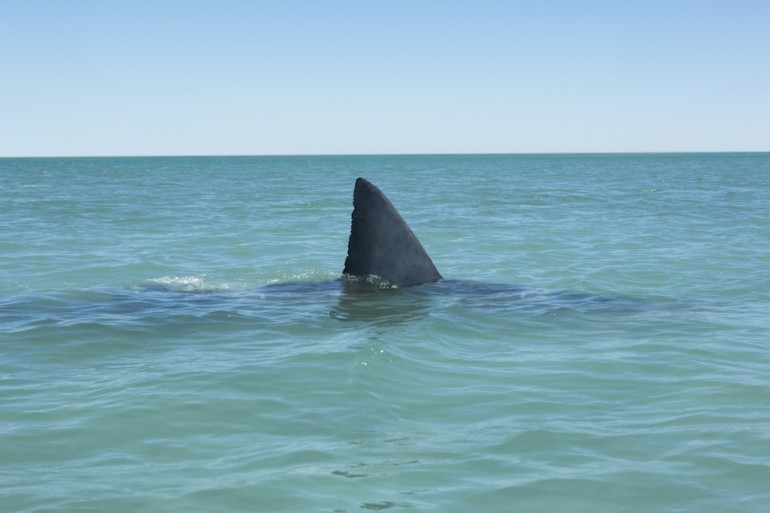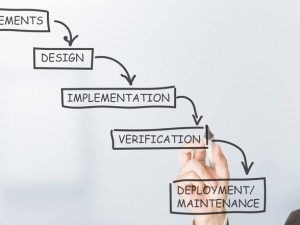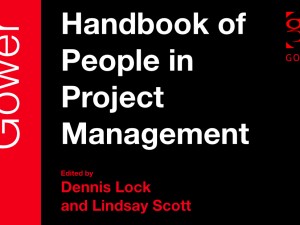
In 2007 I had a shattering – I mean shattering – nervous breakdown. Now, there were lots of contributing factors – I had many personal issues to deal with in the previous couple of years including repatriation and the death of a family member (a baby – it was horrible). But the catalyst was a monster project I was assigned to that was ultimately cancelled. The project’s initial budget was something in the neighbourhood of $40 million. By the time I joined, the budget had ballooned to $300 million. When I left a year later, the budget was north of $500 million and I heard it was sailing close to one billion dollars by the time it was scrapped. In addition, this project was inflated with management layers composed of four competing professional services firms – you can imagine the finger pointing. Pick any definition for a project – whichever one you choose, this project was a catastrophe.
It’s a source of professional pride for me that despite its horrific nature, my team still met our delivery requirements – and they worked the first time!
Personally, however, that project exacted a terrible toll. In the months that followed I found myself unable to make simple decisions. I felt pressure when a waitress asked me what I was going to have to eat. I started having panic attacks which led to a fun-filled bout of agoraphobia. This was big-boy stuff I’d never imagined – after a career full of fabulous accomplishments I was coming completely unstrung.
Don’t worry – it all got sorted out.
But what happened?
There were loads of reasons why the project was a runaway freight train headed straight off the tracks. I’m not going to talk about those (*cough* bad legislation *cough*). When I ask “what happened”, I’m really asking the question, “how does a seasoned senior project executive with about 18 years of complex systems integration experience develop the screaming meemies after just one year?”
For that I can only point the finger at myself. I routinely failed to clearly identify latent risks buried in my project work.
And my project was filled with them. We were dealing with decades of undocumented legacy code. There were more kluged-together interfaces to more external systems than I had ever seen in my life. The experience was like walking through a pit of venomous snakes – for every one you could see, there were probably another five hidden beneath. Unfortunately, I didn’t have enough experience with this particular project domain to know that yet. So I naively built out my project plans based on what was visible.
Yeah, I’m not that stupid anymore.
Here’s what happens. With each actualization of a previously unidentified project risk, you have to clean up a mess. That’s okay – it’s your job, and you know how to take care of it. However, your stress levels rise a little bit. If your body doesn’t get a chance to recover from that before your next unidentified project risk raises its ugly head, your personal reserves will start to run a deficit. On a project where risk events start popping like lemmings on a Cambodian minefield, the PM’s capacity to deal with stress can deteriorate extremely rapidly. If you allow that to happen, you’re not just putting your own health at risk, but you’re directly jeopardizing your project. How can you expect to manage if the soft “bing” of a new e-mail arrival launches you into the ceiling? What happens if your inability to function means you have to be replaced? Project managers are not easy to swap-out midstream.
If that particular job taught me anything, it’s this. Project risk is the jellyfish beneath the glass-smooth water. It’s the brown recluse spider above the light-bulb chain in your closet. It’s the fault-line under the shopping mall. If you worry about those things and they’re really there, you’re not being paranoid!
These days, I consider risk identification to be the single, most important aspect of my job. I build it into every element of my plans, and put systems in place to make raising risks fast and easy. At least once a day I follow up on them. I do this because I recognize that the world of things I don’t know massively overpowers the infinitesimal amount that I do know. I also recognize that risk events will transpire no matter how vigilant I am.
The people on my teams find my preoccupation with project risk a bit silly sometimes, but I don’t care. I know that if I’m caught off-guard without defenses too many times, I’ll be subjecting my project to further jeopardy if I’m unable to discharge my duties.
Incidentally some of you know I’m going back to school (again LOL). “Psychopathology associated with unidentified project risk exposure” is a thesis idea I’m kicking around. Let me know if you’d like to hear more about this in the comments below!
Edit (10/25/14): So, it’s been pointed out that I sound like a monster because my project from hell was more of a catalyst for my meltdown than my niece’s death. LOL You know, you write these things and they sound good at the time… The truth is, when my niece died my entire family rallied around one another and although it was a horrible time, we survived together. When the project blew up in my face, I didn’t have that kind of support…and don’t forget I was still dealing with the death of my niece that hadn’t gone away. Maybe “catalyst” is less accurate a term than “the (very big) straw that broke the camel’s back” hehe.





